Search Results
Showing results 1 to 11 of 11
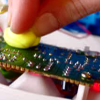
Circuit Bending with Play-Doh
Source Institutions
Break open that used musical toy and squish some Play-Doh over the circuit boards, and you will hear some weird and distorted sounds the manufacturer never intended!
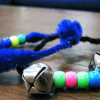
Build a Bell Bracelet
Source Institutions
Learners make bell bracelets, place them on their wrists or ankles, and then dance to the rhythms and sounds the bells make. Many cultures use ankle or wrist bells to make music during dancing.
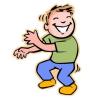
Rhythm Painting
Source Institutions
In this activity, early learners create paintings by making music and rhythm. Learners place paper in cans, add paint-soaked beans (or pebbles) and put the tops on.
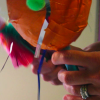
Make Maracas
Source Institutions
Make a rattle-like musical instrument! Shake it, hit it, spin it any way you want to!
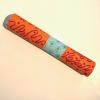
Let's Make Music
Source Institutions
In this activity, learners will create their own percussion instrument with recycled materials. Learners will explore design, fabrication, cause and effect and sound through this activity.

Patterns and Relationships: Here, There & Everywhere
Source Institutions
In this math activity, learners use a variety of sensory modalities to gain experiences with identifying, describing and creating repeating patterns.
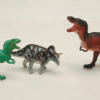
Join the Dinosaur Age
Source Institutions
In this activity, learners rotate through several learning and play stations to explore dinosaurs and paleontologists.

Soggy Science, Shaken Beans
Source Institutions
Learners explore soybeans, soak them in water to remove their coat, and then split them open to look inside. They also make a musical shaker out of paper cups, a cardboard tube, and soybeans.
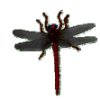
Going Buggy: Three Body Parts
Source Institutions
In this fun snack and craft activity, young learners make "Ants on a Log" and their own model of an insect. The purpose is to learn the three main insect body parts—head, thorax and abdomen.
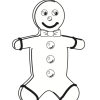
Eatem Up
Source Institutions
In this math activity, learners use gingerbread cookies to collect and organize simple data. First, learners read "The Gingerbread Boy" by Paul Galdone.
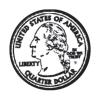
Show Me the Money
Source Institutions
In this math lesson, learners make wallets or purses and then participate in a variety of money-related activities. First, learners make their own paper money and paper wallets or purses.
